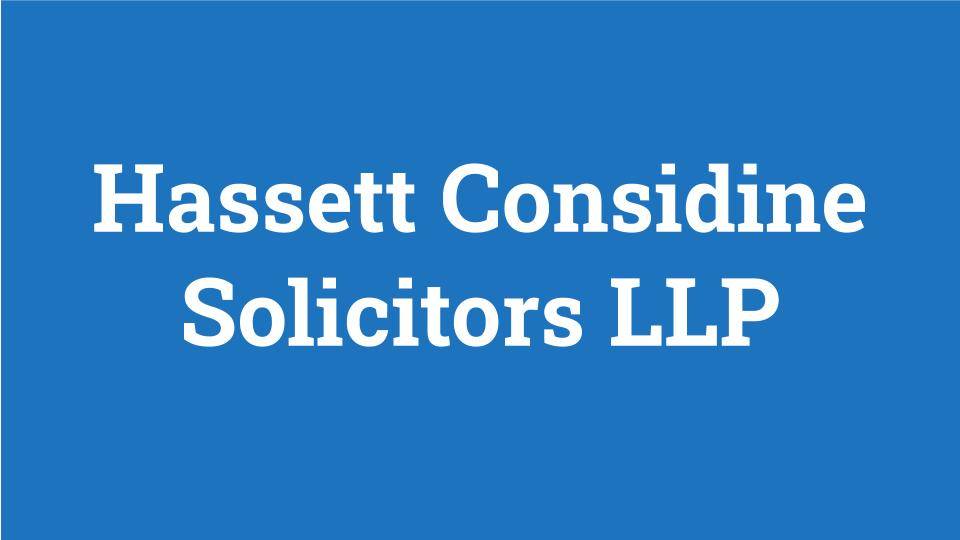What is the charge?
Owners of Irish residential property on 1 January 2012 are liable to pay the household charge by 31 March 2012. This includes those properties that are already liable to the €200 charge on Non-Principal Private Residences. There are a limited number of exemptions and waivers which are set out below.
The household charge is payable by the owner of the building in respect of each unit of residential accommodation. Therefore, where a building is divided into several flats or bedsits, the charge applies to each flat or bedsit. However, where a house is let as one unit to several occupants, the charge is only €100 for the entire dwelling.
Where a property is jointly owned, the liability falls on all co-owners, but payment by any one co-owner discharges the liability of all co-owners.
It is an annual charge, although it is expected that, by this time next year, the charge will have mutated into a full-blown property tax which may be a lot more costly than €100.
What are the exemptions?
Exemptions from the charge include:
- Owners of residential property entitled to mortgage interest supplement
- Owners of residential property located in certain prescribed unfinished housing estates
- Residential property where a person has to leave their house due to “long-term mental or physical infirmity” (for example, where a person has moved into a nursing home). Their condition needs to be certified by a registered practitioner
- A mobile home
- For builders, a building forms part of the trading stock of a business (but only if it has not previously been let or used as a dwelling)
Please note that owners of residential property entitled to mortgage interest supplement and owners of residential property located in certain prescribed unfinished housing estates are nevertheless obliged to file a return and claim a waiver from the charge.
How to pay
You can pay online, by accessing the website www.householdcharge.ie
Alternatively, you can complete the application form and submit this to any of the local area County Council offices. The liability can be paid in full by 31 March. Alternatively, it can be paid in 4 equal installments by Direct Debit; under this alternative, any Direct Debit mandate should be set up by 1 March, with the payments of €25 being due in March, May, July, and September.
You will be obliged to provide certain information, including the following:
- Name of the owner of the property;
- Address of the property;
- Correspondence address of the owner;
- Your Personal Public Service (PPS) Number
- If owned by a company, the corporation tax reference number or CRO number
You will receive or be able to print out a receipt acknowledging payment of the household charge.
What happens if I don’t pay or don’t pay on time?
This will be subject to late payment fees and late payment interest. The late payment fee varies from 10% to 30%, depending on how late the payment is made. In addition, late payment interest of 1% per month will apply to unpaid amounts.
How does non-payment affect me if I am to sell or transfer the house?
Both the €100 charge and any accumulated fees and interest will be charged against the property for 12 years after the charge or late payment penalties become due. Any charges due on a residential property will have to be paid, in full, before a transfer or sale of the property can be legally transferred.
If you have any queries on this or any other property-related matter please contact Joe Considine at Hassett Considine Solicitors who have offices in Kilrush and Ennis – see numbers below.


